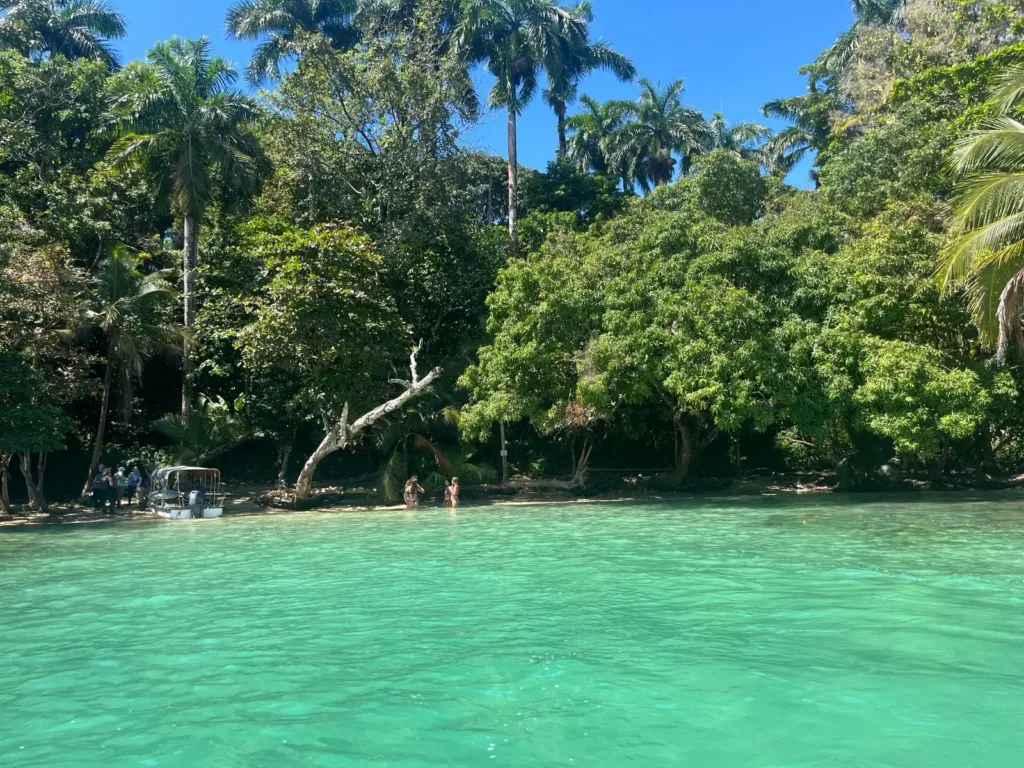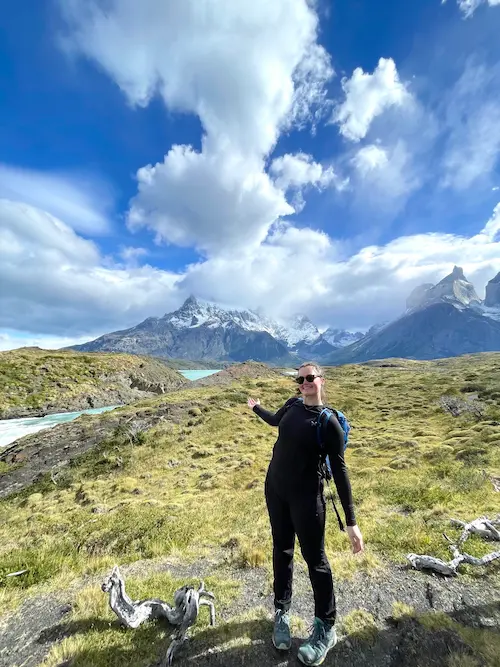Final Impressions of Bhutan
At the beginning of the fall semester, we asked student Erin Baggs about her first impressions of Bhutan. Now, as the semester comes to a close, she shared her thoughts with us again.
What did you like most about the SFS experience?
Narrowing down my SFS experience to the one aspect I liked the most is nearly impossible. SFS Bhutan has been a whirlwind of classes, trips around the country, group bonding, and exploring. I think I would say the community aspect of the program has been the most meaningful to me. I have never been a part of a more genuine, accepting, positive group than what I have here. Not only are my fellow students wonderful humans, but the student life team, faculty, and staff really enhanced the quality of the community and the program. While I learned in class about ecology, environmental narratives, and Bhutanese environmental practices, I was learning equally as much and just as impactful information from my peers and student life team. I have a different outlook on life, the environment, sustainability, and generally being a good person after having the pleasure of interacting with so many people of different backgrounds.
You’ve been in the country for a full semester – tell us your impressions of it now.
I’m still just as in awe of Bhutan as I was when I arrived three months ago. Recently, in our last few days of the program, we hiked to Taktsang Monastery—one of the most famous attractions in the country. The motions to get there were so familiar: the blazing sun, an uphill climb, a cloud of dust with every step, and the faint smell of horse poop. Even though this was a monastery we had never been to, it was a routine that has been ingrained in us after dozens of hikes all over Bhutan. However, emerging onto the viewpoint of the monastery—sweaty and out of breath—elicited the same feelings as the beginning did of absolute wonder and amazement.
“Happiness is a place” is a common slogan seen on t-shirts and signs, and this phrase is reinforced by the country’s main development indicator: Gross National Happiness. Bhutan is a complicated country undergoing rapid development. Despite its developing status, it displays some of the most progressive environmental policies in the world. 71% of its area is forests and 51% of its area is designated as protected land. The constitution requires at least 60% forest cover in perpetuity. It is investing heavily in renewable energy. It is the only country that considers itself “carbon negative.” These are the labels Bhutan is associated with it, but there is so much more to make it the country I have come to love the past three months. My impressions of Bhutan? Fiercely kind hospitality; milk tea; using the word “la” after every sentence (as a form of respect); avoiding petting stray dogs; getting excited when I see yaks; interconnectedness; spicy chilis; Blue Pine trees; winding roads; and infinitely more that I couldn’t possibly encompass in this one paragraph.
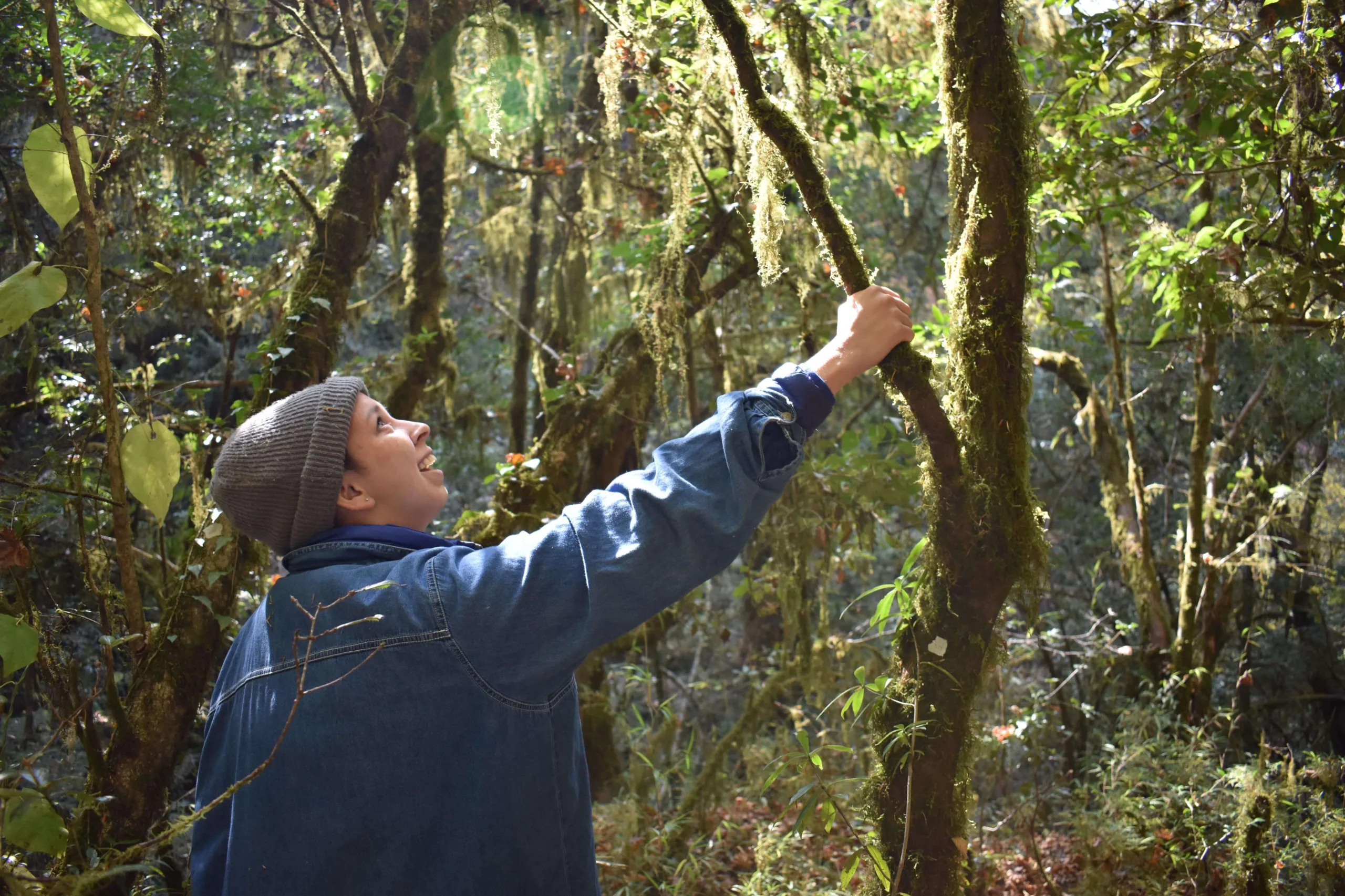
Photo courtesy of Jamie Lindner
What is life at the Center really like? What are the best and the most challenging parts?
The SFS Bhutan Center is a source of life. Its close quarters have facilitated the growth of an amazing community and is truly a home for us. I’m not going to lie—it has its fair share of flaws. While the power (and with that, the already weak wifi) goes out periodically, the biggest challenge of the center is definitely the plumbing situation. My room lucked out, but some of the other luxurious, western style bathrooms experienced the whole spectrum of toilet-shower-general plumbing issues. I won’t go into detail, but let’s just say a number of rooms had an “out of order” sign on their bathrooms. Other than the plumbing, though, I absolutely love the center. This may be the nature of our group this semester, but I really like that the center is small enough that everyone is able to spend time with each other without having to actively look for people. The close proximity of dorms, common areas, classrooms, and dining make for an easy time to find friends.
What ended up being your biggest challenge this semester both academically and culturally?
Academically, the Directed Research period brought forth some pretty long days between the data collection days and the analysis and paper writing days. Like really long days. Scaling down the side of a mountain as the sun is setting kind of days. Staring at an Excel sheet for hours on end kind of days. It was grueling work, not just for my group, which did the majority of our research hiking up and down ridges and ravines, but for all the groups—interviews and all. The time put into these projects gave way to stellar papers and presentations, so it was all worth it. We present at the Bhutan Ecological Society Symposium in Thimphu tomorrow and all our hard work will be showcased, the long days and nights all justified and rewarded.
Culturally, the experience was not as immersive in some ways as I expected. However, I think the biggest shock I had was adjusting to road rules. We have driven quite a lot—some trips have been split over two days—and the roads in Bhutan are wild. It was strange to drive on the other side of the road, and even stranger to have no traffic lights and no laws on passing other cars. As someone who is generally a little anxious in cars, experiencing the vans passing at odd times or witnessing other cars passing close to us was unsettling.
What is the best memory you have from the semester? Give some highlights.
Again, picking one memory to be the best of the whole semester is insanely difficult, but I’ll describe some that come to mind immediately. We took a trip to Phobjikha, a valley about six hours from Paro. In class, we learned about the importance both culturally and ecologically of this valley as a wetland to Bhutan. Our trip was scheduled to overlap with the endangered Black-necked crane migration—beautiful and sacred birds that come to Phobjikha in the winter. It was not guaranteed we’d see them, they migrate within a long window, but my roommate, Sophia, dreamed we would see the cranes arrive. And we did! The day we went to the crane center, three early cranes flew in. It was quite the auspicious event.
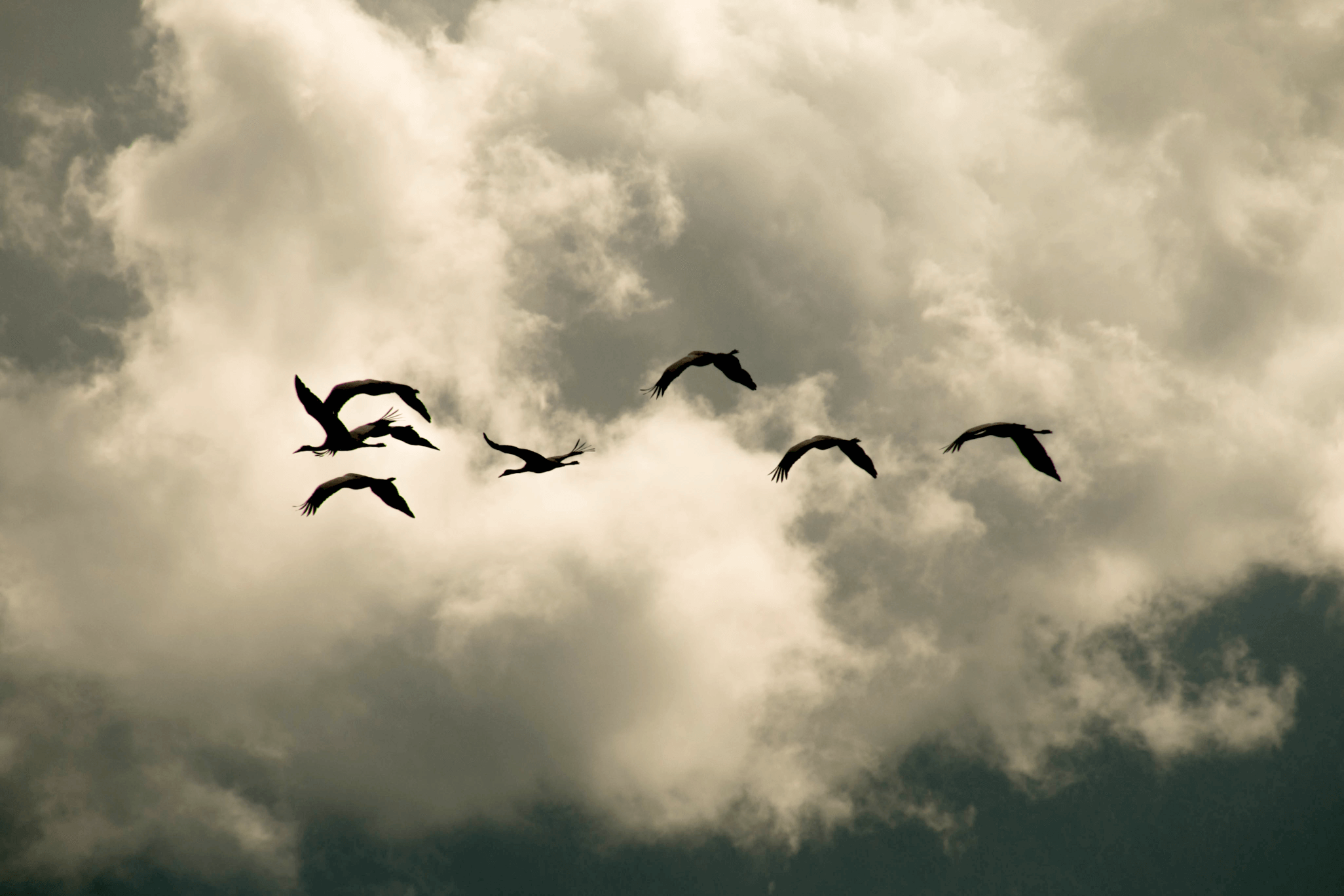
Photo courtesy of Dana Scheffler
I think the fondest memories of the semester are some of the most mundane ones: we had time to pursue all sorts of hobbies. I picked up knitting and embroidery, we had scheduled movie nights, and I read a few books (which does not happen often). The walk into town is along a road right next to the river. There are mountains every direction you look, and the sun is always shining. In town, there are plenty of handicraft shops, restaurants, and cows to view but we all had one goal in mind: Champaca Café. The owner is probably the kindest man in Bhutan, and the peanut butter cake there is unmatched. These are the times I’ll look back on and smile.
Give three words that best describe how you are feeling right now.
Really grateful, la
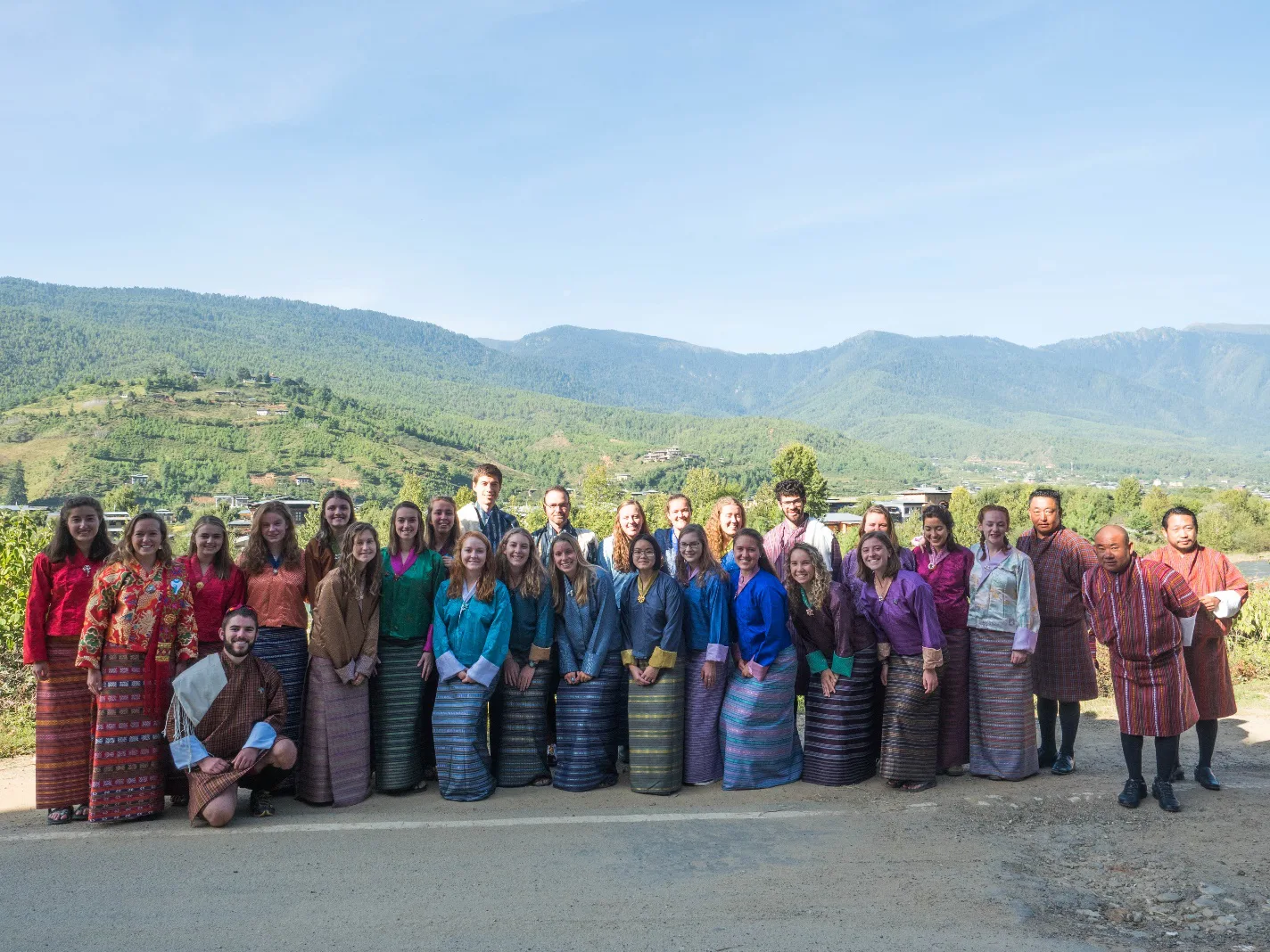
Photo courtesy of Dana Scheffler
Related Posts

